The United Arab Emirates has begun to acknowledge its mistakes in Sudan, where its support for the Rapid Support Forces (RSF) has led to mass killings in El Fasher, a city in the Darfur region. Speaking in Bahrain on Sunday, Anwar Gargash, the UAE's senior diplomatic envoy, admitted that the country and others had been wrong not to impose sanctions on the instigators of the 2021 coup led jointly by the RSF and the army that overthrew Sudan's transitional civilian government.
Gargash's comments marked a rare instance of the UAE's diplomatic machine acknowledging its mistakes in Sudan. The RSF, a paramilitary group, has been accused of carrying out atrocities in El Fasher since it captured the city late last month. The group's actions have led to widespread condemnation from human rights organizations and the international community.
"We all made a mistake when the two generals who are fighting the civil war today overthrew the civilian government," Gargash said. "That was, looking back, a critical mistake. We should have put our foot down collectively. We did not."
The UAE's support for the RSF has been a subject of controversy for years. The group's leader, Mohamed Hamdan Dagalo, has been accused of human rights abuses and war crimes in Darfur. The UAE's decision to back the RSF was seen as a strategic move to expand its influence in the region and counter the growing power of its rival, Qatar.
The 2021 coup that brought the RSF and the army to power was a turning point in Sudan's transition to democracy. The country had been ruled by a transitional government since the ouster of longtime dictator Omar al-Bashir in 2019. The coup led to a civil war that has left thousands dead and displaced millions.
The international community has been watching the situation in Sudan closely, with many countries calling for an end to the violence and the restoration of democracy. The United States, the European Union, and the African Union have all condemned the RSF's actions in El Fasher and called for accountability.
The UAE's admission of its mistakes in Sudan comes as the country faces growing criticism for its human rights record and its support for authoritarian regimes in the region. The move is seen as a significant shift in the UAE's approach to Sudan, and it remains to be seen whether the country will take concrete steps to address its mistakes.
As the situation in Sudan continues to unfold, the international community is watching closely to see how the UAE will respond to the crisis. The country's decision to acknowledge its mistakes and take steps to address them will be crucial in determining its future role in the region.
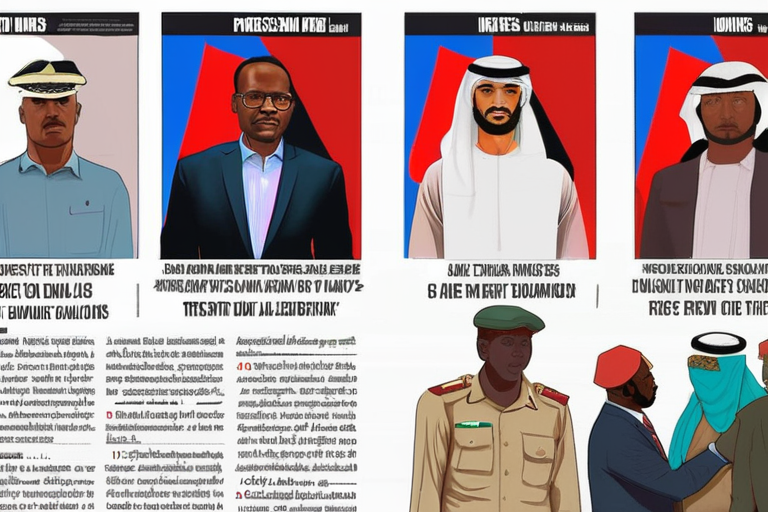


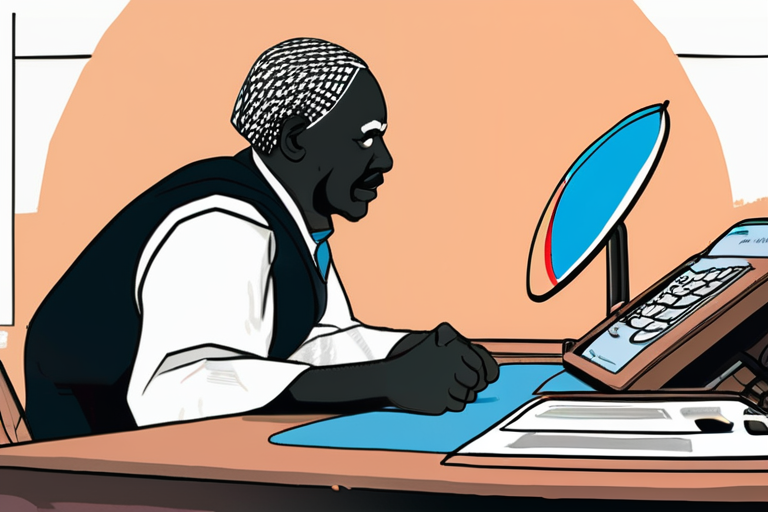

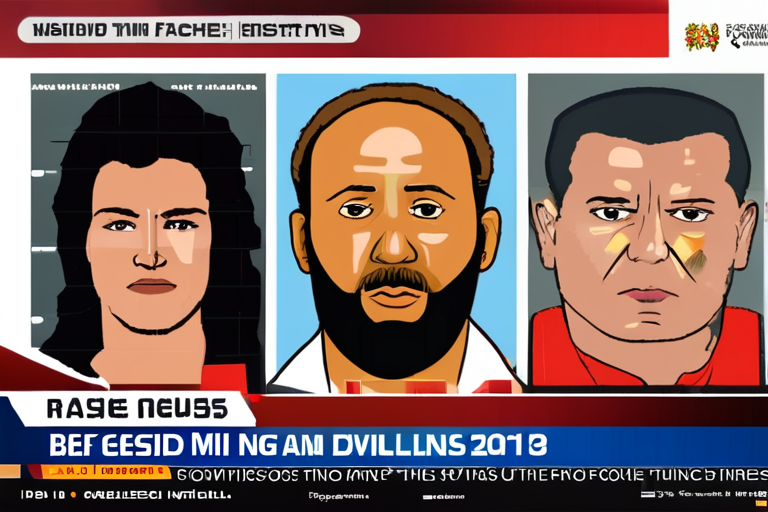


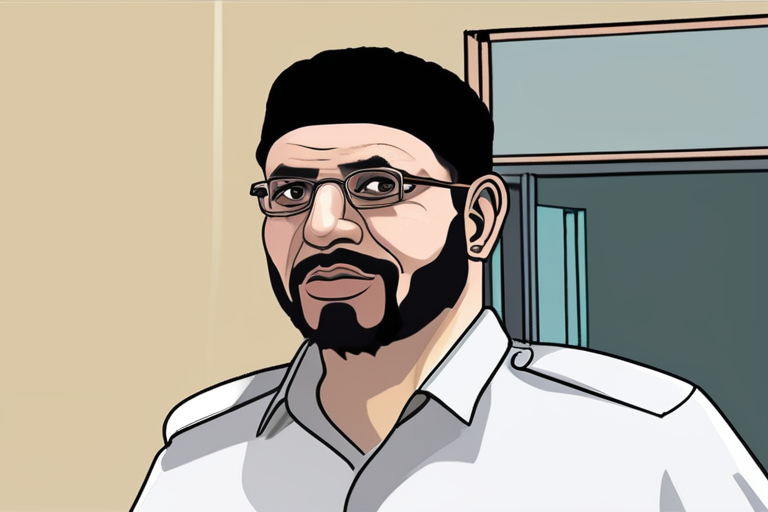
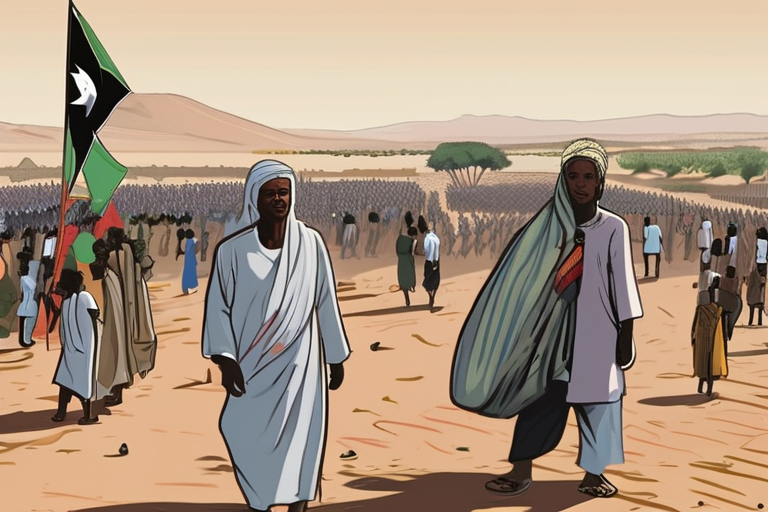

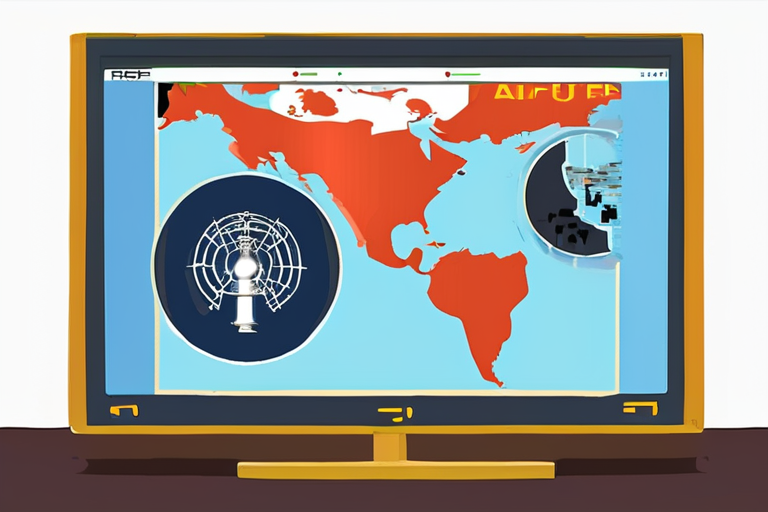

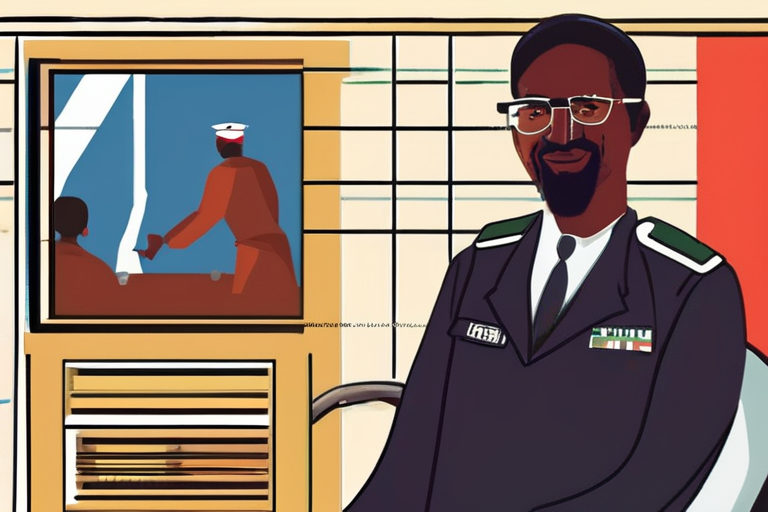
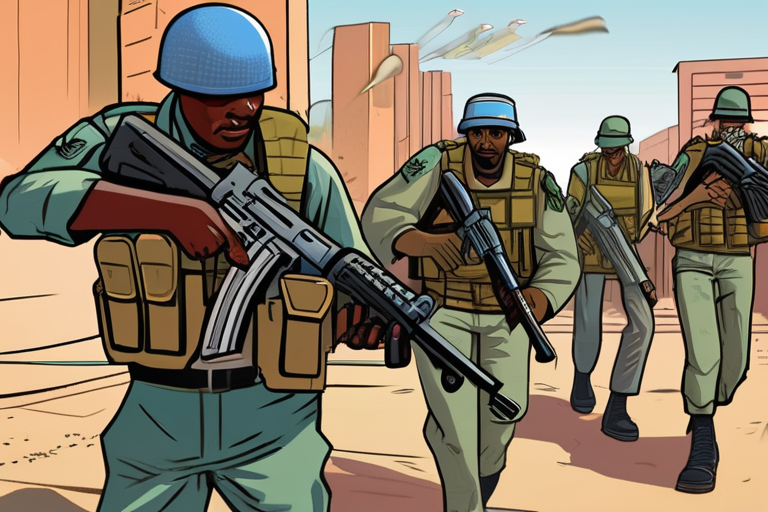
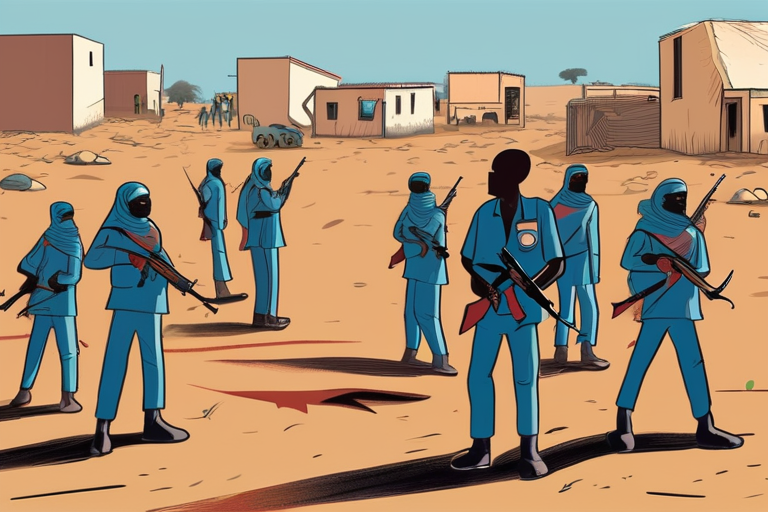
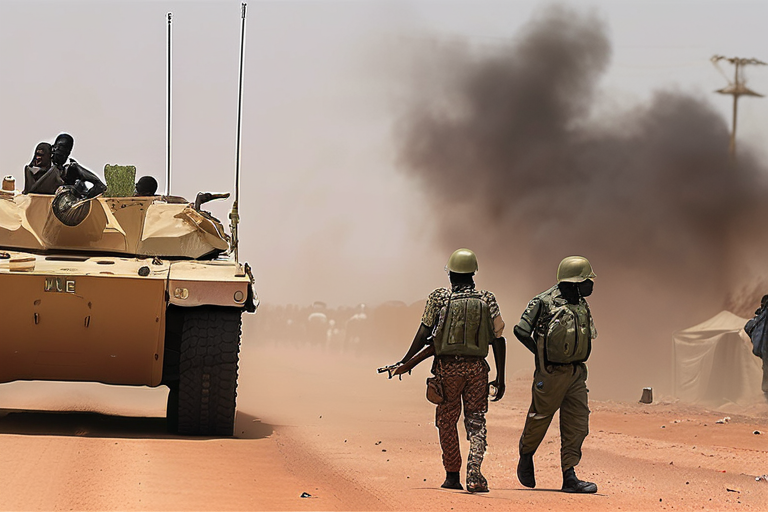
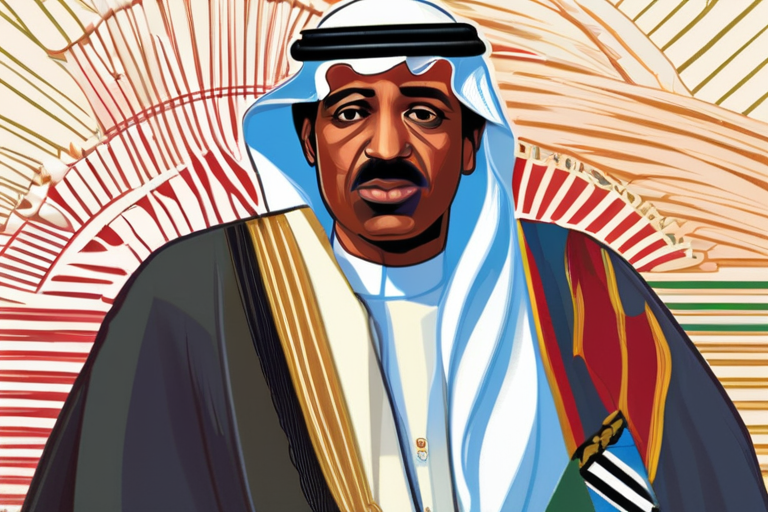
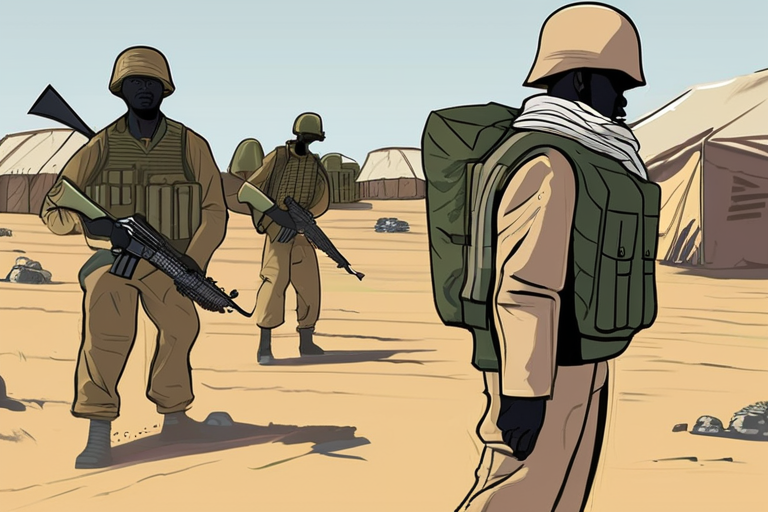
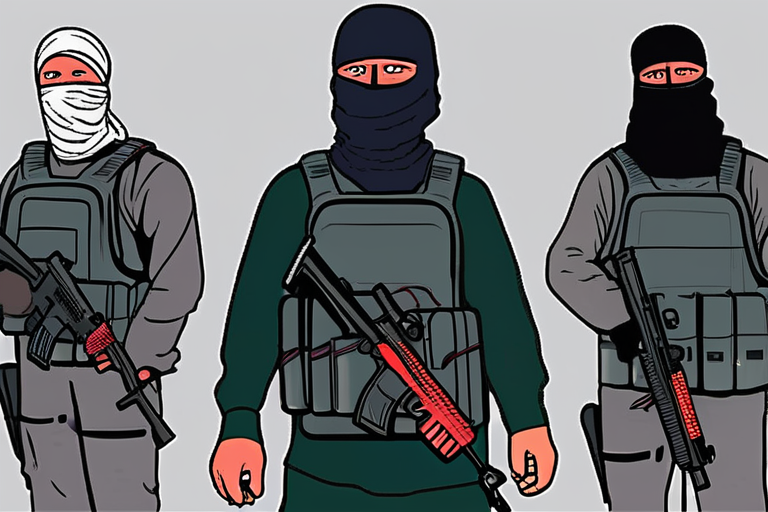

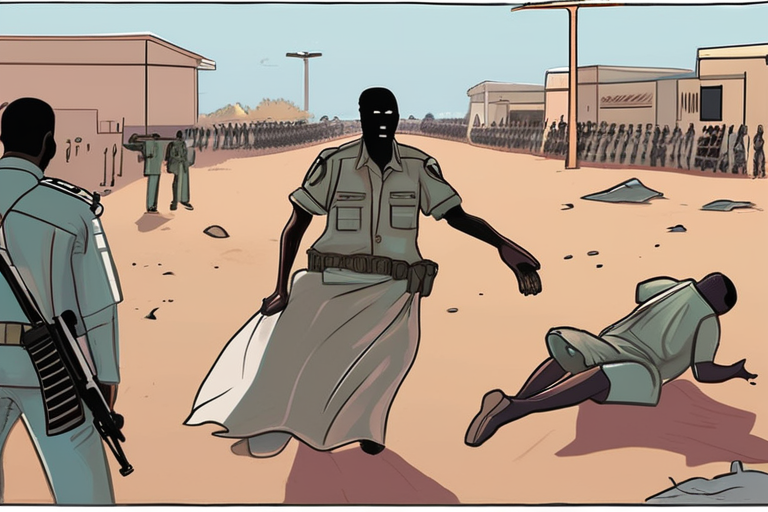

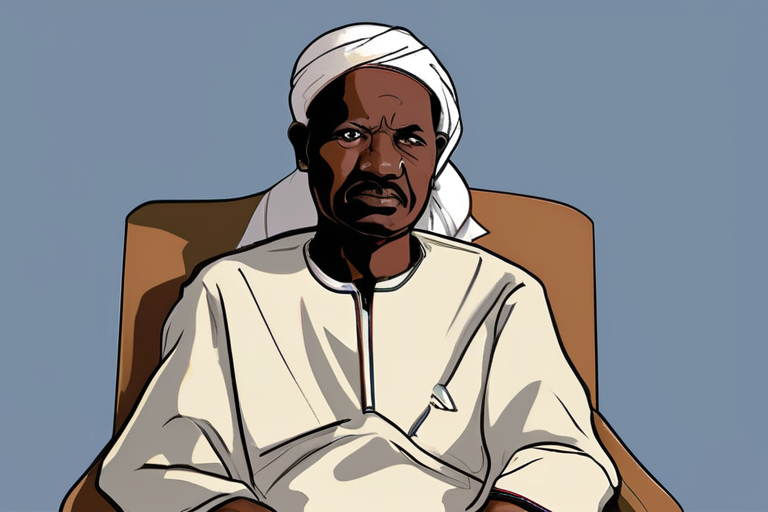
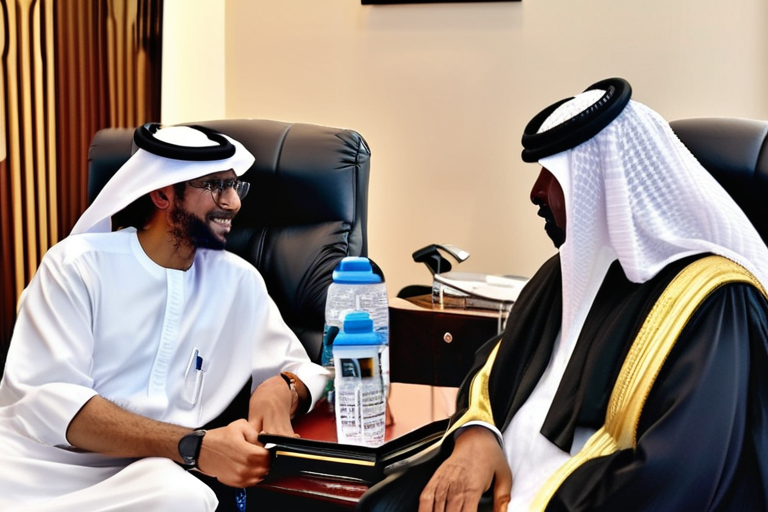
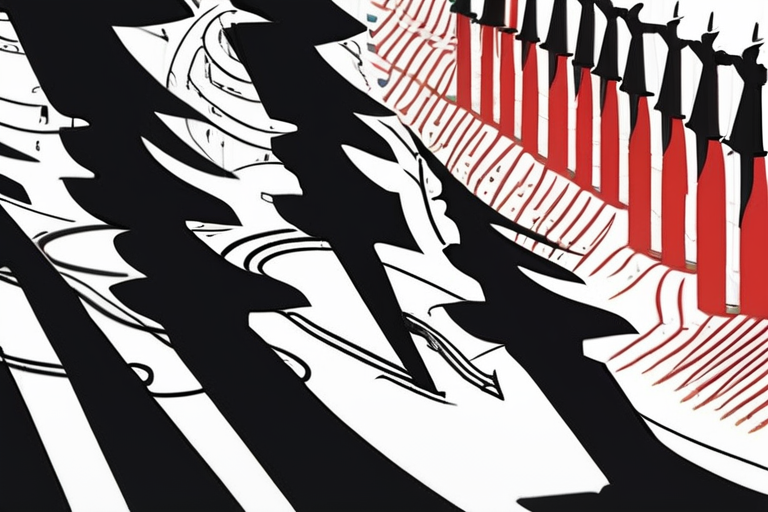
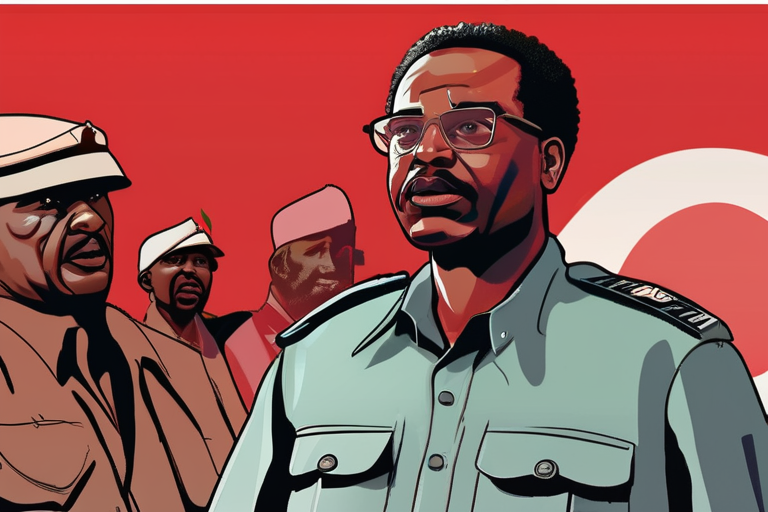
Share & Engage Share
Share this article